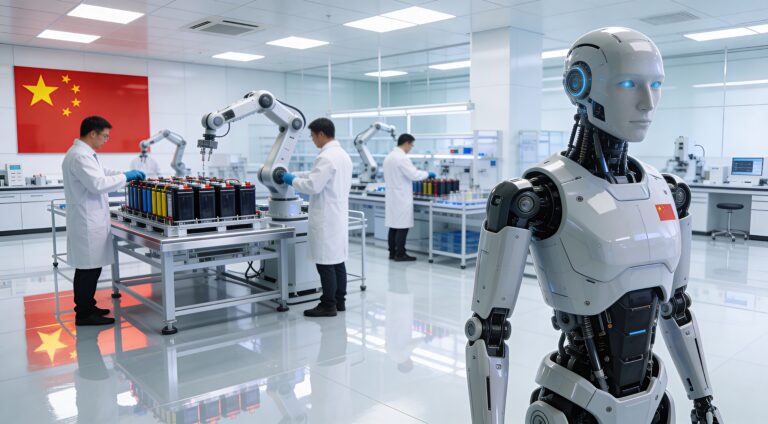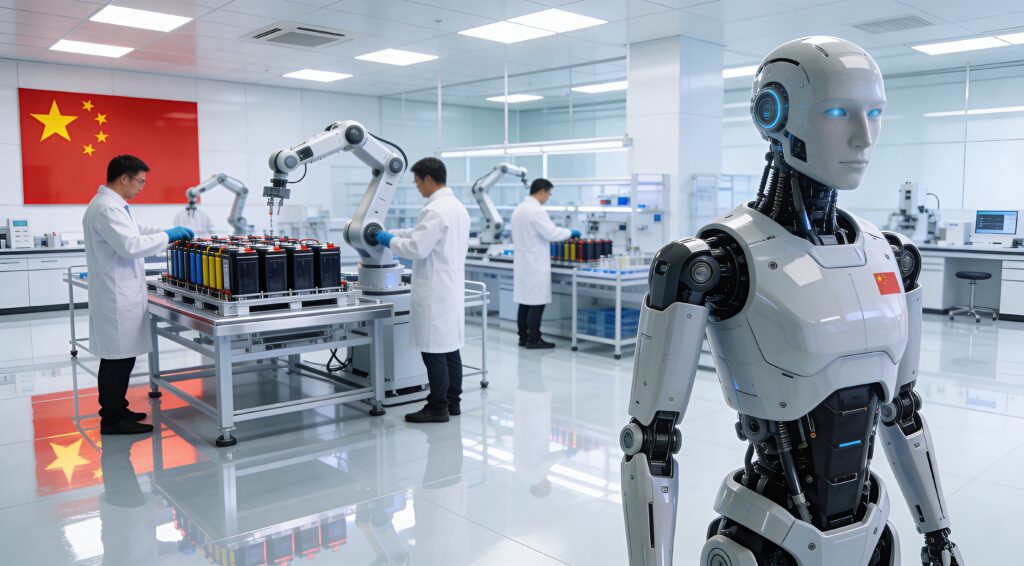As advancements in technology and the capabilities of AI continue to evolve, a troubling conception from a young person arises: “If it possesses consciousness, does AI deserve rights? Should it be treated as a person? ” This is the question “philosopher” Qin Muji is pondering at the tender age of 15.
These questions are part of the discourse wherein many concepts concerning the ethics of AI are being deliberated, including existence, machines getting assigned rights and responsibilities, and the notion of personhood amidst growing anthropomorphism of machines.
A Young Mind’s Unusual Outlook on AI Consciousness
In a recent interview with the South China Morning Post, Benjamin Qin Muji shared his unique views on the consciousness of AI. And it seems he believes that AI can indeed be considered as possessing some level of consciousness due to its multifaceted information processing and creativity.
However, in one of his nuanced arguments, Benjamin makes the distinction where he argues that AI cannot undergo the experience of physical pain. He thinks this is because biologically suffering is a prerequisite in order to understand one’s emotional states.
It is these thoughts that rationalize why Benjamin matters so much, because he belongs to an age cohort that is about to undergo the reality of living with advanced AI technology.
His questions come at a period when people are thinking deeply about the legal implications of possible coexistence with machines considered conscious. The novelty of this world requires us to rethink everything we thought we knew. It confronts us with the fundamental challenge of what ‘human’ will mean in a world dominated by technology.
The Controversy: AI Ethics and Rights Discussion
“I make a comparison to ethics concerning non-human life. “As long as we interpret animals as conscious entities, we give them rights,” Benjamin said. “If AI were conscious, would we really grant it the rights necessary? Would it be considered personhood?|
These beings can’t be exploited without sufficient legal protections in place, and if AI is shown to be sentient, then it would indeed be entitled to rights”. They make fun of AI systems or treat them with contempt, which indicates a more worrying trend of lack of legal protective measures for conscious AI.” He observes the blunt treatment of ChatGPT as an example of a far more profound social issue.
Although the dialogue started by a young philosopher is still in its early stages, it highlights an urgent need for a more detailed consideration of the integration of artificial intelligence into our ethics and legal structures.
As Benjamin Qin Muji points out, the social, political, and technological implications of advanced and widespread AI systems will inevitably arise, demanding deliberate—not reflexive—answers from authorities, technology experts, and the public. If technology is to develop responsibly and ethically, profound ethical dilemmas concerning AI consciousness and potential personhood must be addressed.















